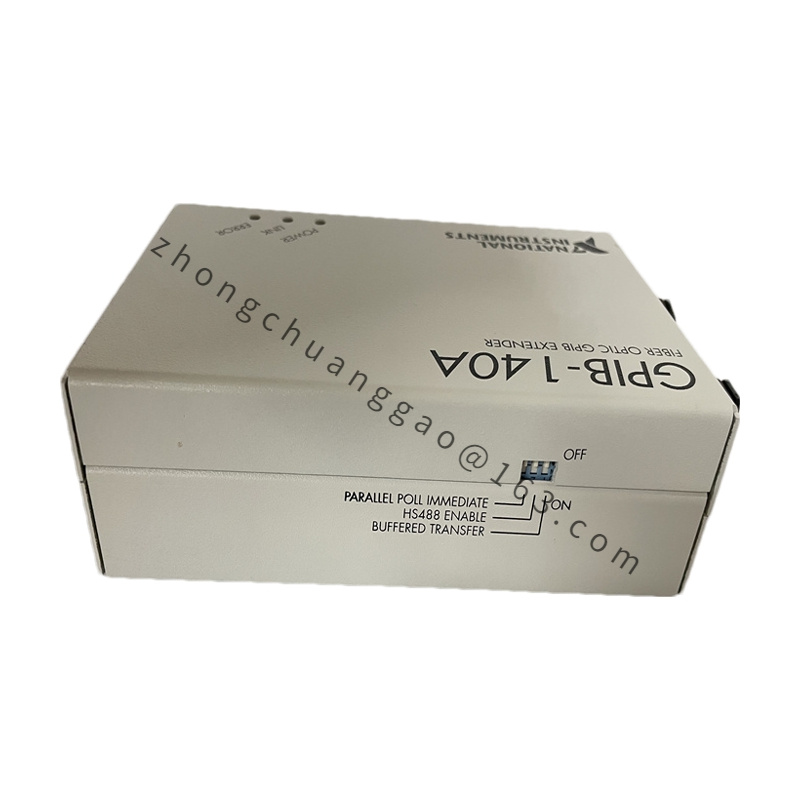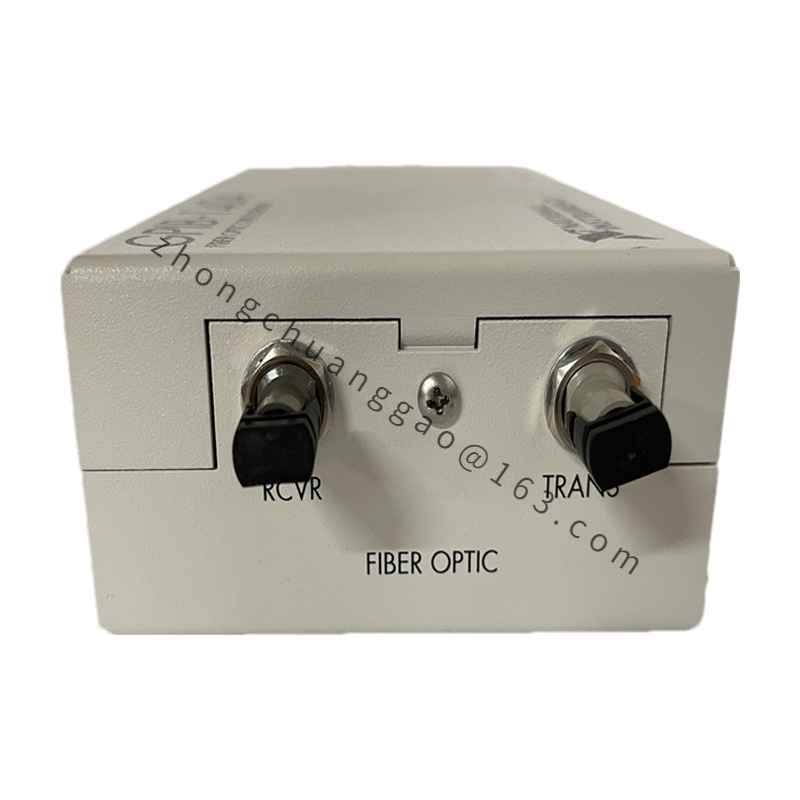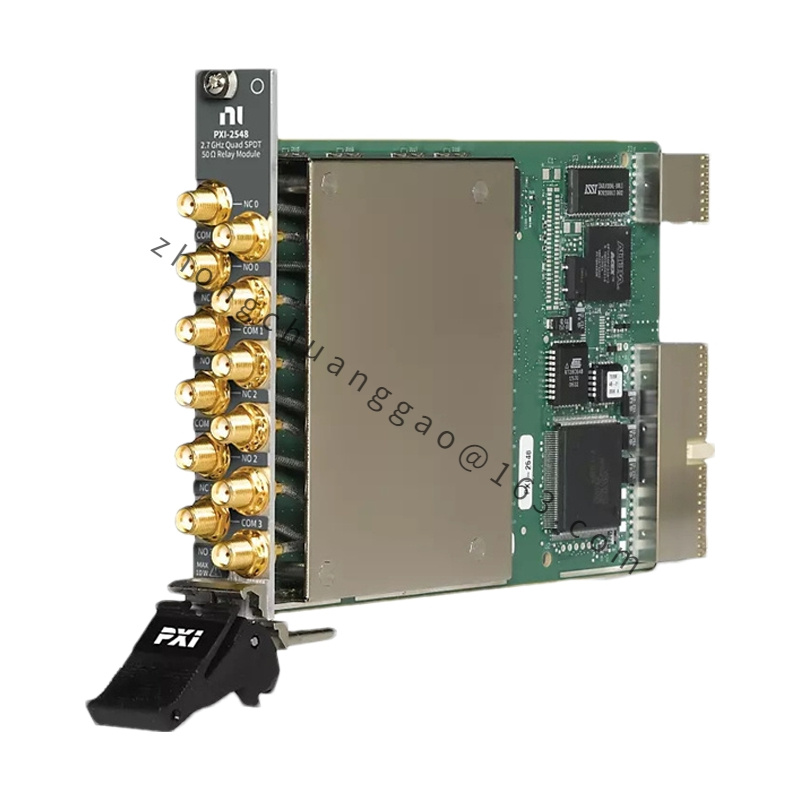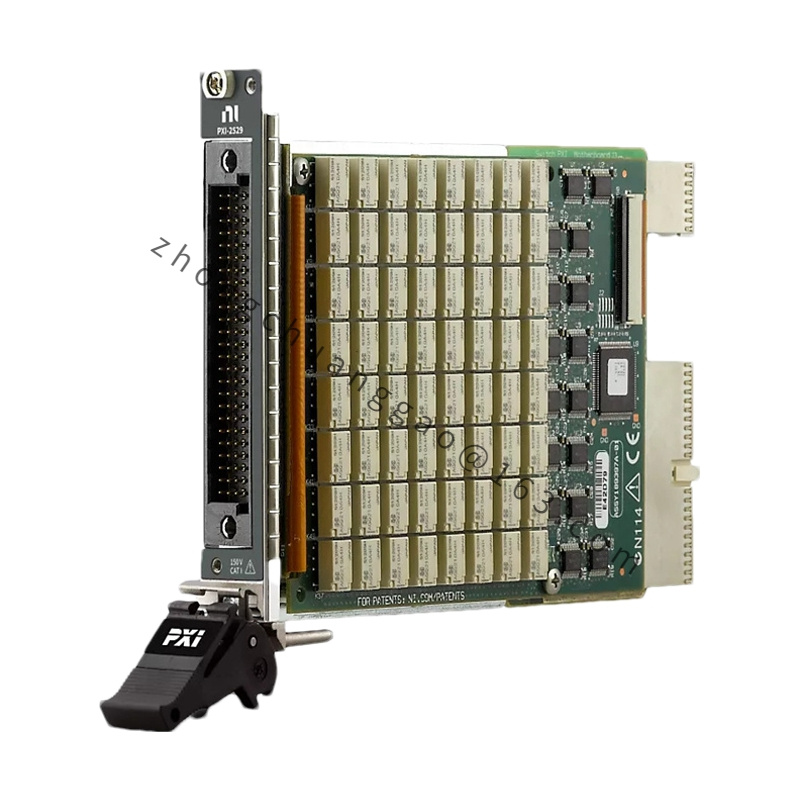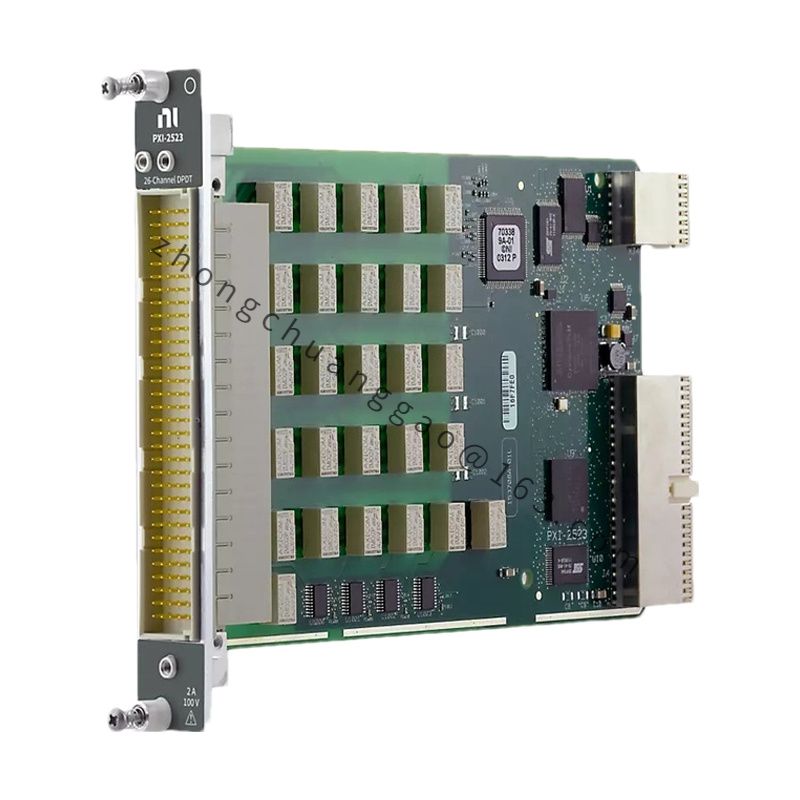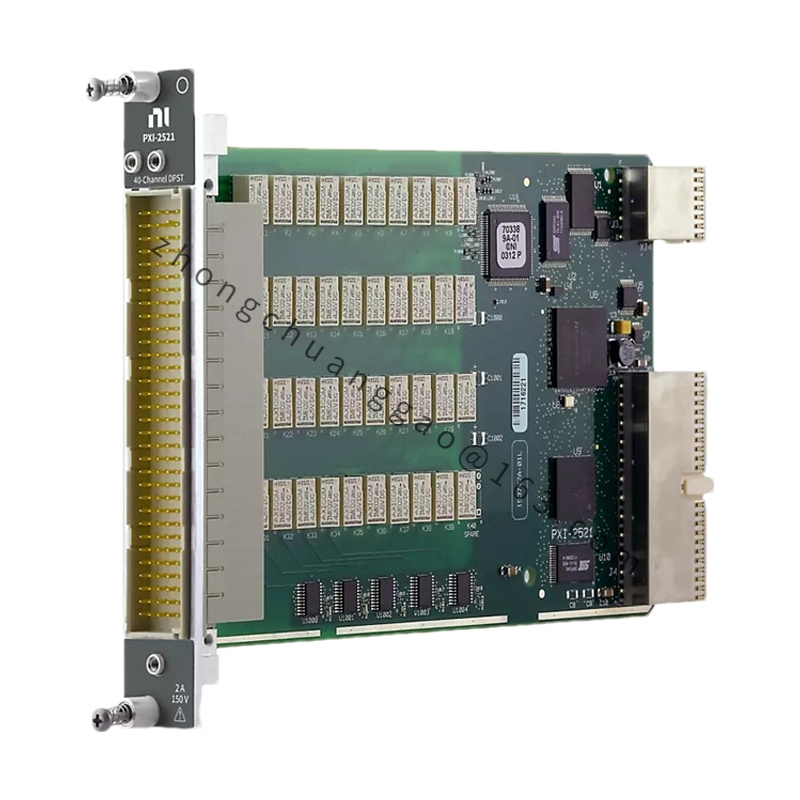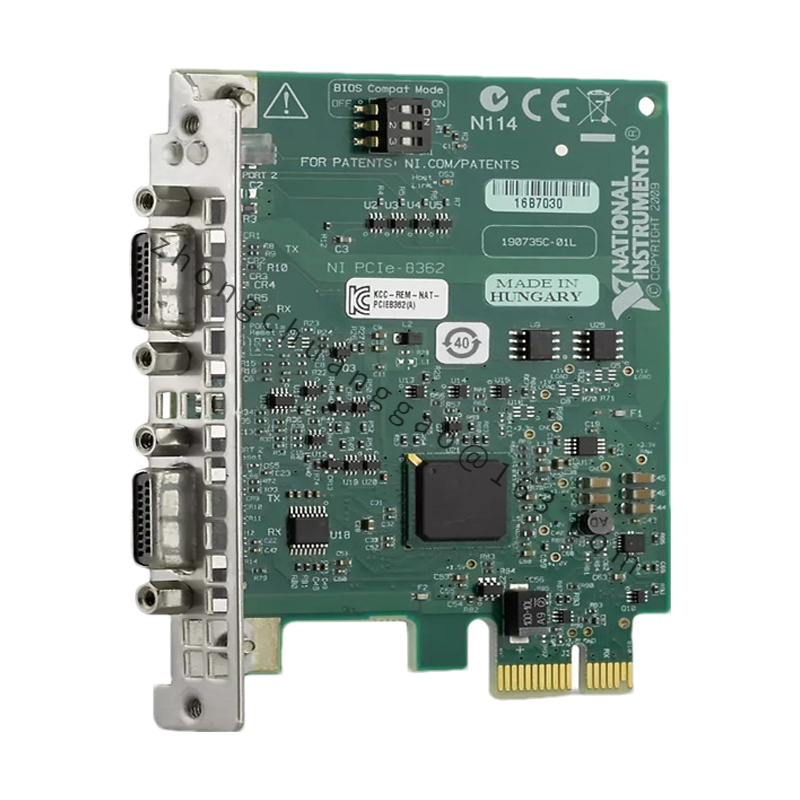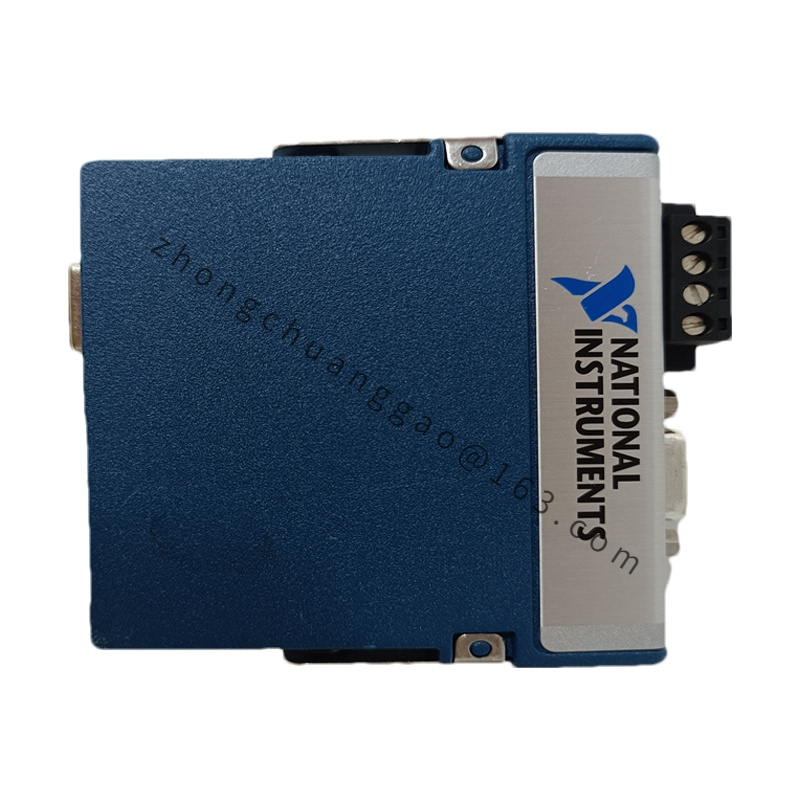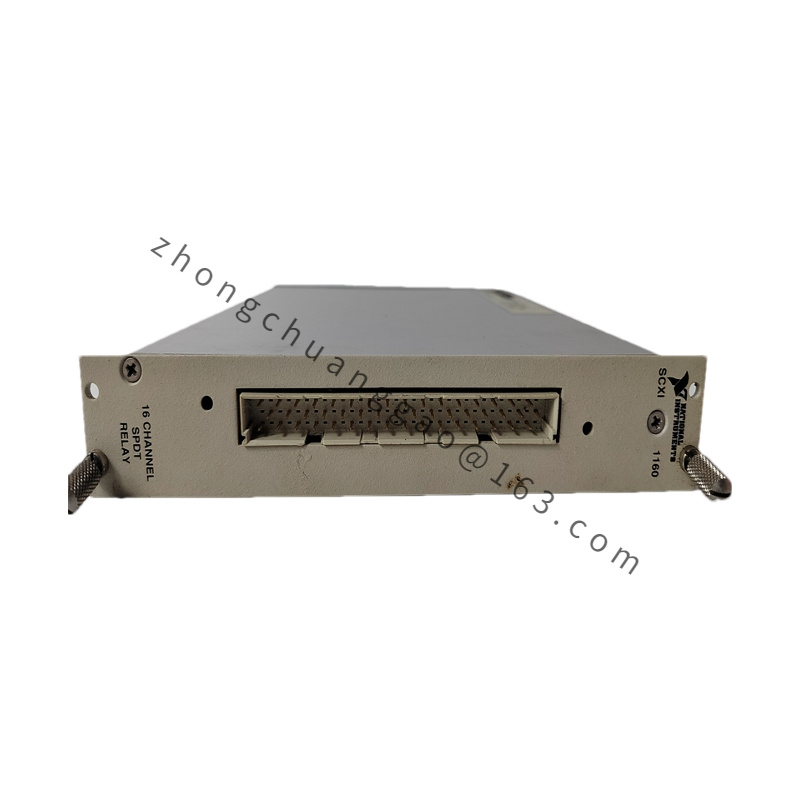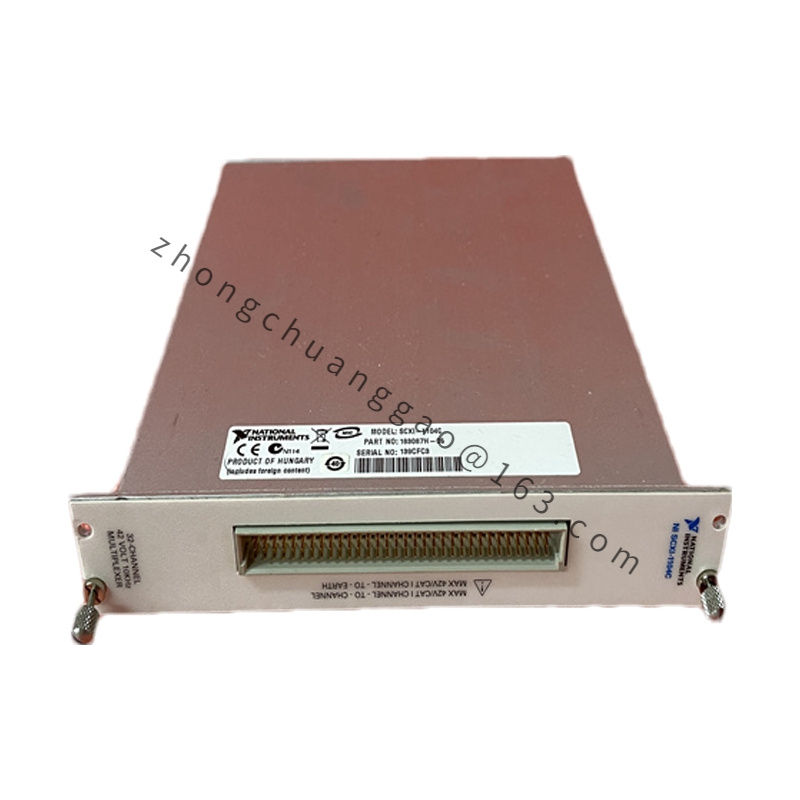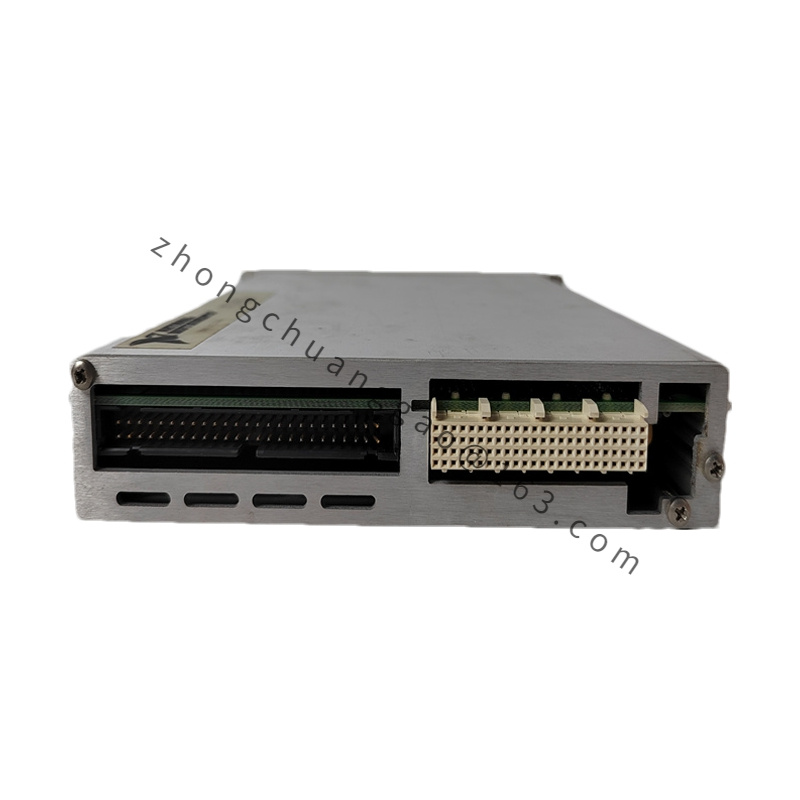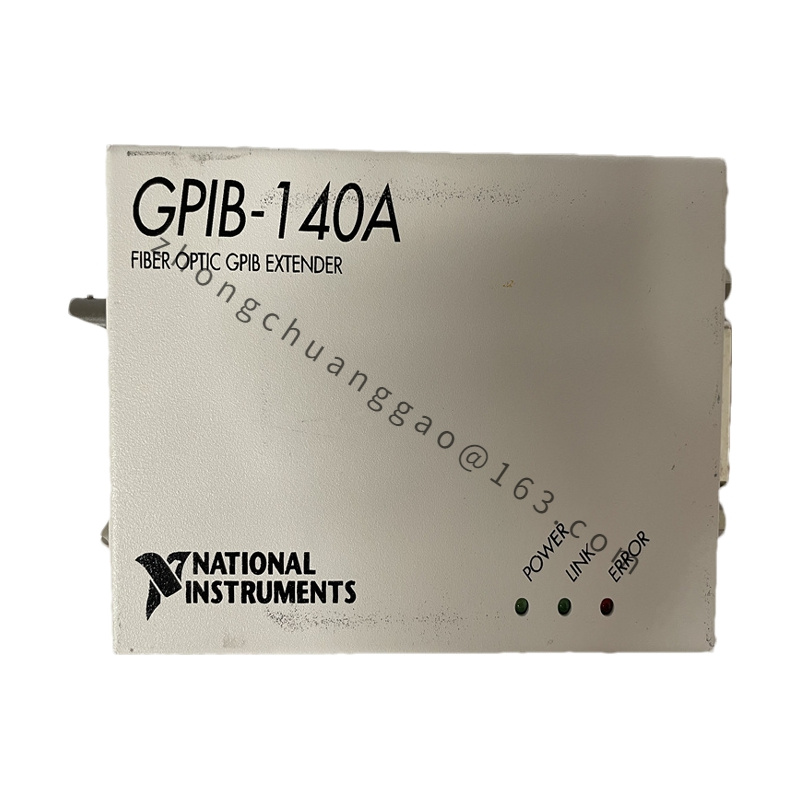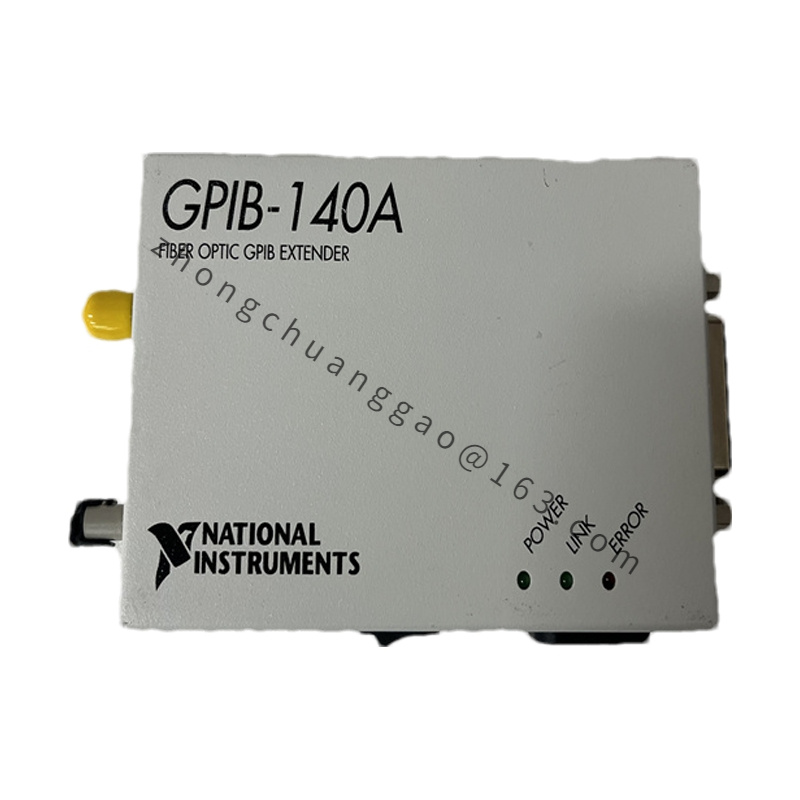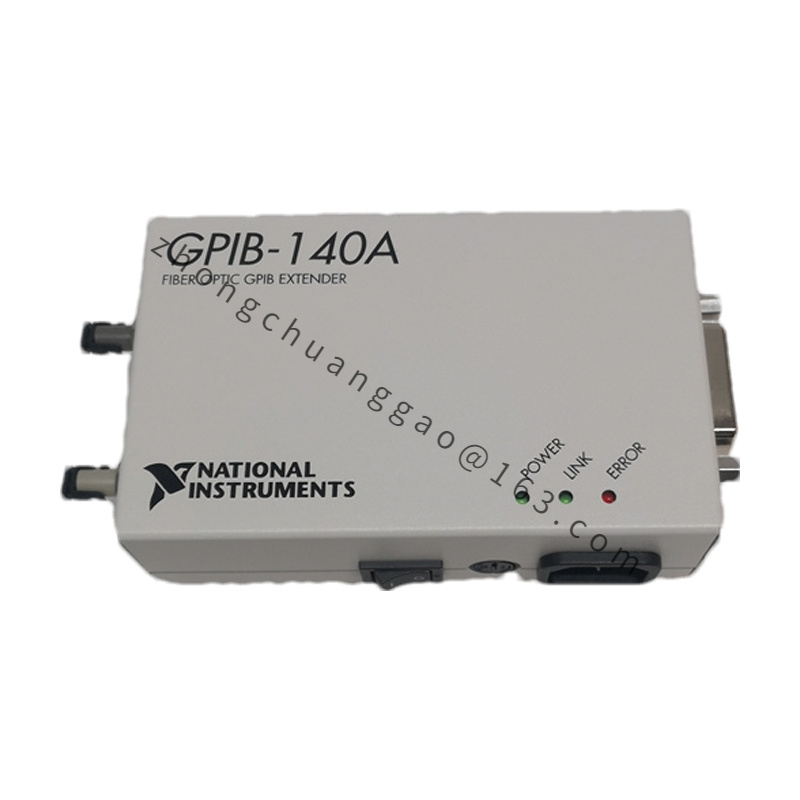NI GPIB-140A 186135F-31
The NI GPIB-140A 186135F-31 is a General-Purpose Interface Bus (GPIB) controller card designed by National Instruments (NI) for use in test and measurement applications. This card is typically used to connect and control GPIB-compliant instruments like oscilloscopes, multimeters, and power supplies via a standard GPIB cable.
Detailed content
Key Specifications:
- Interface: The GPIB-140A is a PCI-based controller card that interfaces with a computer via a PCI slot. It supports the GPIB communication protocol, which is compliant with the IEEE 488.1 and IEEE 488.2 standards.
- Data Transfer Rate: The card supports high-speed data transfers with a maximum rate of up to 8 MB/s, ensuring efficient communication between the computer and GPIB instruments.
- Simultaneous Device Control: It can connect and control up to 14 GPIB-compatible devices simultaneously.
- Software Compatibility: The GPIB-140A is compatible with National Instruments’ software tools like LabVIEW and Measurement & Automation Explorer (MAX), which facilitate configuration, control, and debugging of GPIB systems.
- Size and Weight: The compact design measures approximately 105 mm x 135 mm x 30 mm and weighs around 280 grams.
Functional Features:
- Easy Integration: The card seamlessly integrates with existing systems, providing a robust communication link between the computer and GPIB instruments.
- Remote Control and Automation: It enables remote control of instruments, making it ideal for automated testing and measurement tasks, thus enhancing productivity and reducing human error.
- Versatile Connectivity: Supports various GPIB cables and adapters, making it flexible for different setups.
Applications:
- Test and Measurement: Extensively used in electronic testing and instrumentation control, particularly in automated systems.
- Laboratory Automation: Facilitates the automation of test setups, data acquisition, and analysis in laboratory environments.
- Research and Development: Provides precise measurement and control, crucial for scientific research and engineering development.
- Education: Used in academic settings to teach concepts related to instrument control and automated testing.

